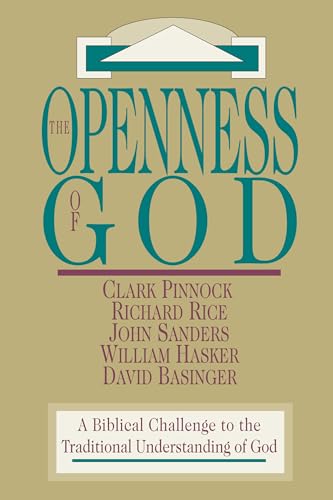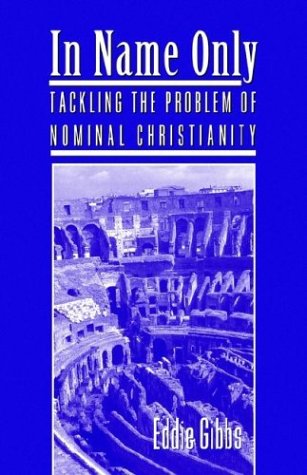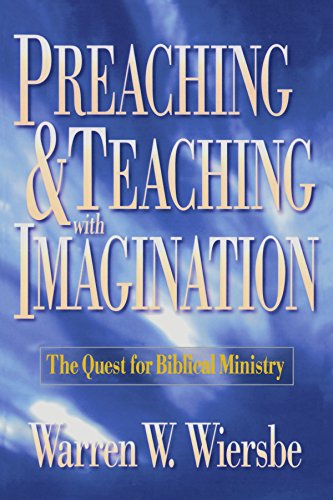The Law, the Gospel, and the Modern Christian: Five Views
Written by Wayne G. Strickland (ed.) Reviewed By Craig BlombergAll three of these new Zondervan offerings are highly stimulating and essential reading for anyone who wants to come to grips with what contemporary evangelical theologians are saying about the relationships between the stages of God’s revelation in history.
The Strickland volume follows the helpful format of several recent Zondervan and IVP books: several authors each present their case for a different perspective on a debated theological topic with a brief response to each presentation by each of the other four contributors. Greg L. Bahnsen argues for a theonomic view (the OT civil law should still apply to governments today); Willem A. VanGemeren for the classic Reformed tradition (the moral law remains; civil and ceremonial laws do not); and Strickland himself for the dispensational option (the Law is wholly superseded; today we obey ‘the law of Christ’). Mediating between the covenant and dispensationalist traditions are Walter C. Kaiser, Jr. (the law is God’s gracious guidance for the promotion of holiness—but this ultimately dissolves back into the classic moral, ceremonial and civil distinctions) and Douglas J. Moo (a modified Lutheran view, in which the law is fulfilled in Christ). This last view comes across as the most promising and seems to be the most cogently argued, although one wonders if it finally falls down on the side more of discontinuity than of continuity between the testaments. Might there be room for a sixth formulation? Perhaps it is just a variation on the fifth—that all of the OT applies in some way to believers today (2 Tim. 3:16) but that none of it applies apart from its fulfilment in Christ (Mt. 5:17)—cf. William W. Klein et. al., Introduction to Biblical Interpretation (Dallas: Word, 1993), pp. 280–281.
What is suggestive in Strickland’s contribution to the above volume becomes crystal clear in Saucy’s work: dispensationalists today have moved a huge distance away from the nineteenth-century Plymouth Brethren, founded by J.N. Darby, who gave birth to their movement. No longer may one assume that a dispensationalist believes that the major difference between OT and NT is law v. grace, that the kingdom remains wholly future (having been offered to the Jews but rejected, so that the church came in as a ‘back-up plan’), that the Sermon on the Mount was not intended for Gentile disciples, that there is not significant overlap between Israel and the church, nor even that the rapture must be pretribulational.
Indeed, Saucy, professor of theology at Talbot Seminary, part of Biola University in Los Angeles, makes it clear that the sole distinctive which need separate dispensationalists from covenant theologians these days is that the church is not a ‘new’ or ‘true’ Israel. Thus we yet await the literal fulfilment of the OT (and NT) prophecies concerning national Israel, restored to her land and converted to her Messiah. It would seem that this ‘progressive dispensationalism’ is extremely close to and virtually compatible with historic or classic premillennialism and even with some recent versions of amillennialism which stress the role of the ‘new earth’ in the ‘new heavens and new earth’ of Revelation 21–22 and elsewhere. It is still not obvious mat Saucy feels the full force of NT ‘kingdom passages’ (which include social as well as spiritual dimensions in its present, inaugurated form) or of texts like Matthew 5:5 (in which the promise of Ps. 37:11 that the faithful Israelite will live in her land is transmuted into the hope of all of Christ’s disciples inheriting the whole earth). On the other hand, such a transformation (Jewish and Gentile Christians enjoying the entire renewed world) is not incompatible with Jewish believers having some special presence in and enjoyment of that piece of geography known as Israel. If covenant theologians would subject their historic formulations to as careful exegetical scrutiny as progressive dispensationalists have, we might find a ‘meeting in the middle’ on a surprisingly large number of issues.
Given the rapidly changing face of dispensationalism, one wonders what might have happened had Jack Deere been born ten years later than he was. Surprised by the Power of the Spirit is provocatively subtitled ‘A Former Dallas Seminary Professor Discovers That God Speaks and Heals Today’. Having resigned his post in the late 1980s because of his involvement with John Wimber and the Vineyard movement and his concurrent departure from Dallas Seminary’s doctrinal statement (which precludes belief in the so-called ‘sign gifts’ as operative today), Deere engages in narrative theology at its finest. He simply recounts the events he experienced, particularly in the realm of supernatural physical healings and startlingly accurate prophecies, which led him to abandon his prior beliefs that the signs and wonders of the contemporary charismatic movement were at best all of human manufacture. In between vignettes of his experiences, most of which occurred without him seeking them, Deere inserts sections of well-balanced exegesis (generally along the lines of the well-known evangelical studies of D.A. Carson, W. Grudem, or M. Green). He does not embrace the charismatics uncritically and stresses that both ‘sides’ must truly allow God to be sovereign, without dictating how he must or cannot work. Although Saucy’s work does not address the gifts of the Spirit, there is nothing in it (or in the work of other recent progressive dispensationalists, particularly at Dallas Seminary) which logically requires a ‘supersessionist’ view of the sign gifts. Perhaps by the late 1990s a spiritual pilgrimage such as Deere’s will be tolerated even in Dallas. One can only hope so.
Craig Blomberg
Craig Blomberg
Denver Seminary
Denver, Colorado, USA







